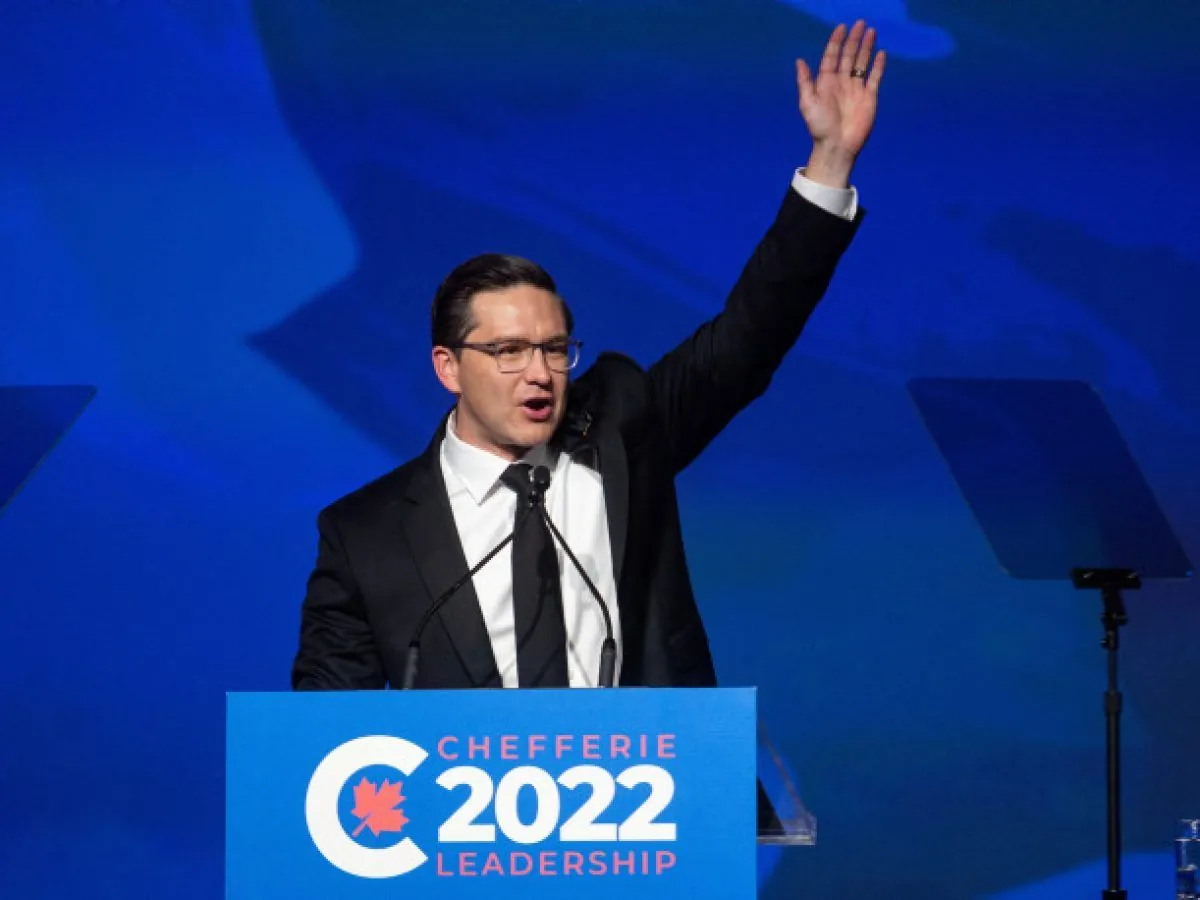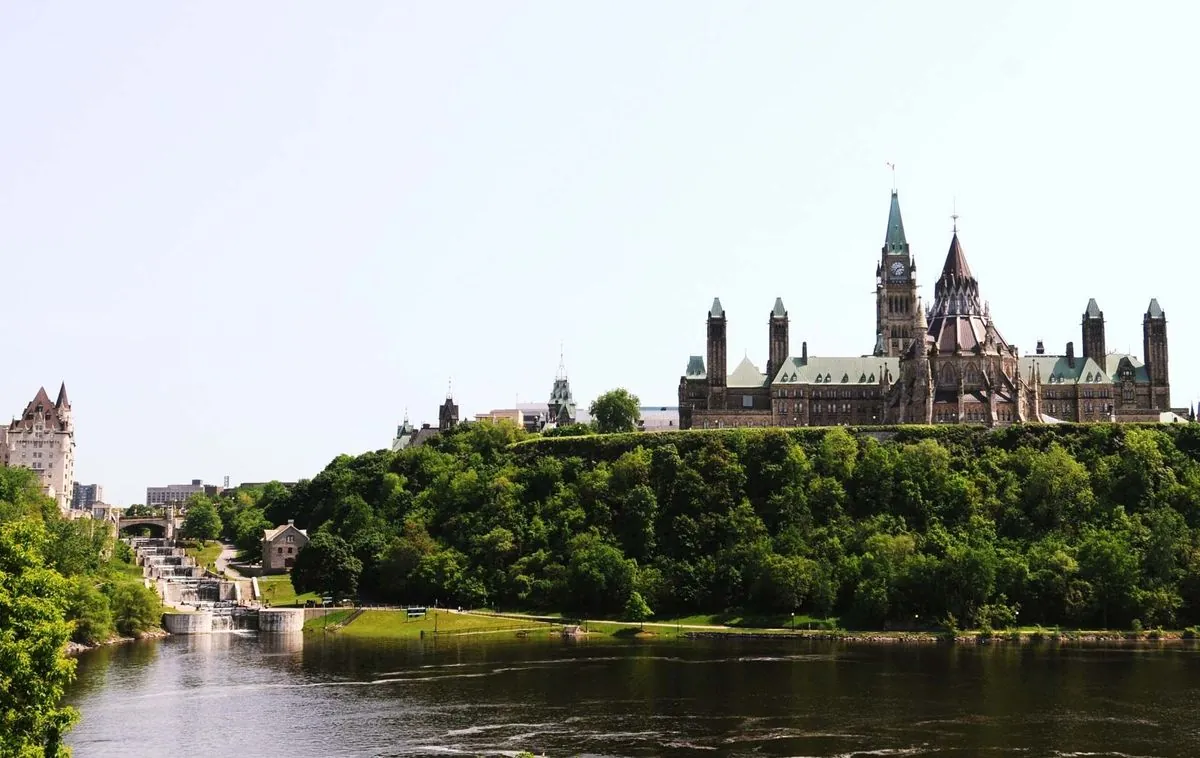Canadian Opposition Leader Calls for No-Confidence Vote Against Trudeau
Conservative leader Pierre Poilievre urges NDP to support motion against Liberal government. NDP's Jagmeet Singh remains non-committal, emphasizing decisions based on Canadians' interests.

In a significant political development, Pierre Poilievre, the leader of Canada's Conservative Party, has announced plans to introduce a no-confidence motion against Prime Minister Justin Trudeau's Liberal government. This move comes amidst shifting political alliances and growing public discontent.
Poilievre has called on Jagmeet Singh, leader of the New Democratic Party (NDP), to support the motion, potentially triggering an early election. However, Singh has refrained from committing to any specific course of action, stating that his party will make decisions based on the best interests of Canadians.
"I say directly to Pierre Poilievre I'm not going to listen to you"
This political maneuvering occurs in the context of Canada's 338-seat House of Commons, where the Liberals currently hold 154 seats, the Conservatives 119, and the NDP 24. The Bloc Québécois, a Quebec-based party focused on sovereignty, holds 32 seats.

The NDP recently withdrew from a supply-and-confidence agreement with the Liberal government, which had been in place since 2022. This agreement had previously ensured the NDP's support on confidence votes in exchange for progress on shared priorities.
Polls indicate that the Conservatives are currently leading, with Justin Trudeau's popularity waning. Trudeau, addressing internal party criticism, has emphasized the government's focus on programs benefiting Canadians, such as dental care for seniors and childcare initiatives.
Two upcoming byelections in Montreal and Winnipeg on September 16, 2024, may serve as indicators of public sentiment. These elections coincide with the resumption of the Canadian Parliament's sitting.
In a separate development, Poilievre has criticized Trudeau's appointment of Mark Carney, former governor of both the Bank of England and Bank of Canada, to lead an economic task force. Poilievre referred to Carney as an unelected "phantom finance minister."
As Canada navigates these political challenges, it's worth noting that the country's parliamentary system allows for such dynamic shifts in power. The next scheduled federal election is set for October 2025, but the current political climate suggests potential for earlier electoral action.


































